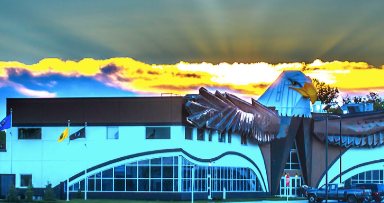
Natives Against Heroin Addresses Overdose Crisis
While Native Americans have long struggled with alcoholism, in the 21st century they are now struggling with a new nemesis – drugs and opioids.
In just one example, Minnesota’s Native American communities—from the Red Lake and Leech Lake reservations in northwest Minnesota, to the Fond du Lac band near Duluth, to the Native community in the Twin Cities—have been hit particularly hard by the opioid epidemic overwhelming the nation.
According to the Minnesota Department of Health, Native American Minnesotans were five times more likely than white Minnesotans to die from a drug overdose—including from opioids, cocaine, methamphetamine and benzodiazepines—in 2015. While American Indians make up just 1.5 percent of Minnesota’s total population, they represent 6 percent of the state’s drug overdose deaths, the MDH reported.
Leech Lake’s Human Services director, Earl Robinson, said the tribe has hired more people to perform chemical dependency assessments, and placed assessors in other areas, such as in Leech Lake’s child welfare program.
The tribe also is working to incorporate Native American culture into treatment programs, something which organizers believe is key to helping Minnesota’s American Indian communities overcome addiction.
James Cross, the found of Natives Against Heroin, explained the challenge. “The treatment design today is still made for a non-native 40-year-old alcoholic from back in the day. What we have to do is upgrade it.”
Tribes such as Leech Lake and the Mille Lacs Band of Ojibwe are working to do just that.
Are you or a loved one struggling with addiction, lying to yourself and others? Don’t wait any longer to ask for help. In today’s environment, you never know when your next dose will be your last!
Our Neuro Rehabilitation approach helps address the root causes of addiction once and for all.
To read more about how Native American tribes are addressing the opioid crisis, please visit the Deluth News Tribune.






